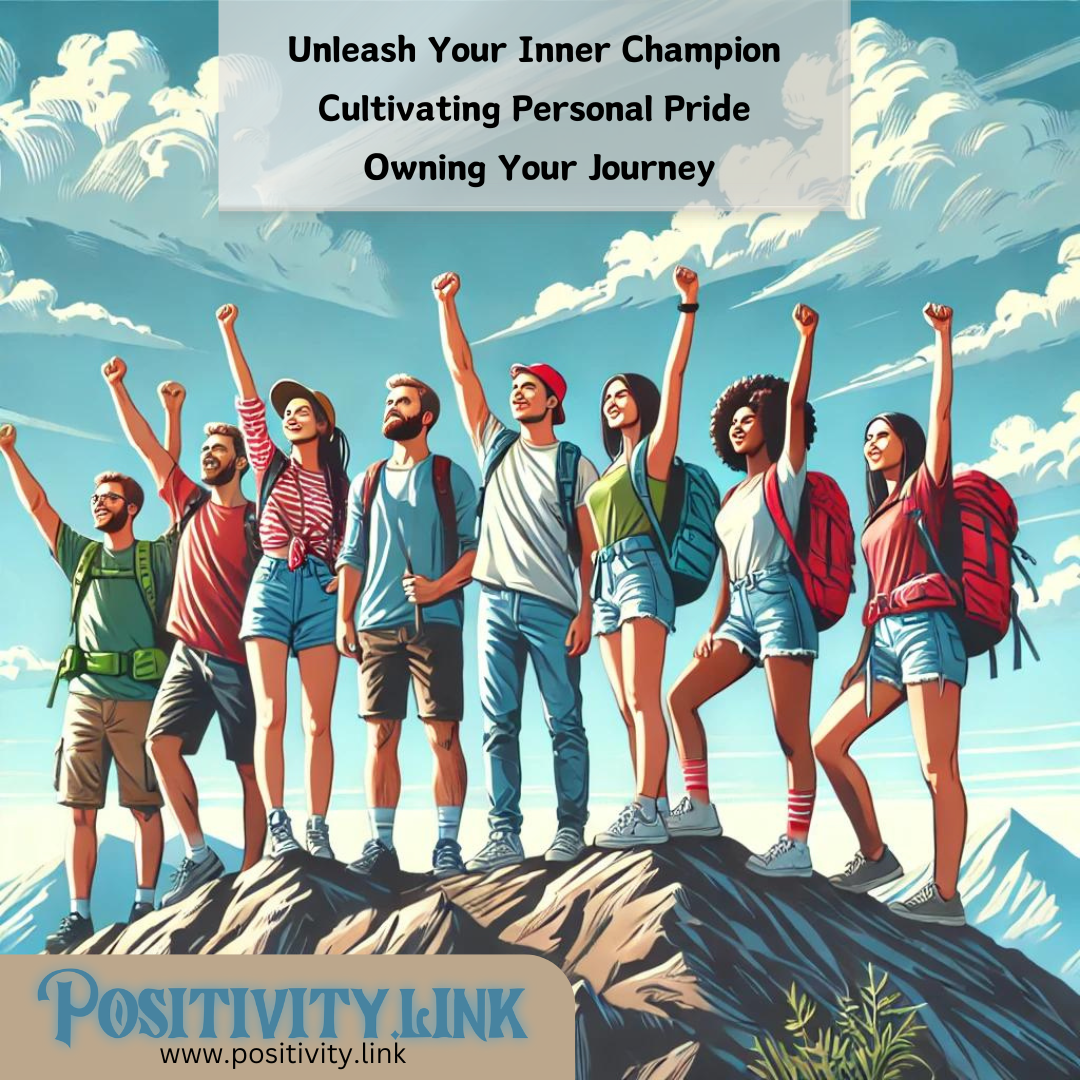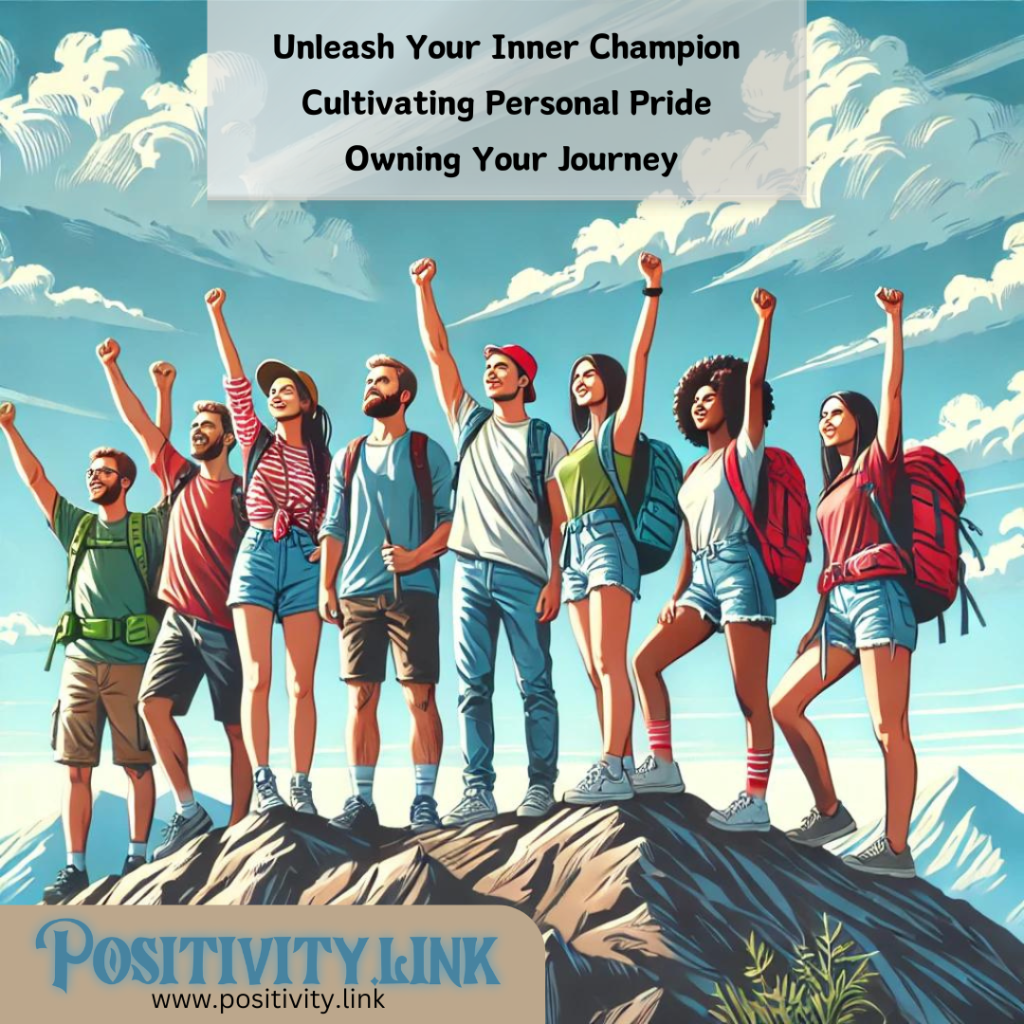In a world where love and peace serve as guiding forces, communication becomes the bridge that connects hearts, nurtures understanding, and strengthens relationships. Love flourishes in spaces where words are spoken with care, emotions are expressed with honesty, and listening is done with full presence.
True connection isn’t just about speaking—it’s about creating an environment of trust, safety, and mutual respect. It’s about understanding before responding, holding space for each other’s thoughts, and choosing words that heal rather than harm.
Whether in romantic relationships, friendships, or family bonds, effective communication is the foundation upon which love and peace are built. It is not merely the exchange of words, but the art of expressing and receiving with an open heart.
Let’s explore how communication can strengthen relationships, deepen emotional intimacy, and bring harmony into our lives.
1. The Art of Communicating with Love
Communication, at its core, is an expression of who we are. The way we speak to those we love has the power to uplift or wound, to unite or divide. Loving communication goes beyond words—it is reflected in our tone, body language, and intent.
How to Communicate with Love:
💙 Speak with Kindness – Choose words that uplift rather than tear down. Even in disagreements, a gentle tone fosters openness rather than defensiveness.
💙 Be Fully Present – Give your full attention in conversations. Put away distractions and make eye contact to show you value the person in front of you.
💙 Express Gratitude – A simple “I appreciate you” can reinforce love and strengthen bonds.
💙 Use “I” Statements – Instead of “You never listen,” try “I feel unheard when I’m interrupted.” This shifts the focus from blame to resolution.
🔹 Example: Instead of saying, “You always forget to text me back,” reframe it as, “I feel valued when we stay connected throughout the day.” This simple shift changes the tone from accusation to an invitation for understanding.
2. The Power of Active Listening
Listening is often overlooked as part of communication, but being truly heard is one of the most profound gifts we can give another person. Many people listen to respond rather than to understand, but deep connections require active listening.
How to Practice Active Listening:
👂 Reflect Before Responding – Pause for a moment after the other person speaks. This shows you are processing their words rather than preparing your reply.
👂 Validate Feelings – Instead of dismissing emotions, acknowledge them. “I see that this is really important to you” makes someone feel heard and respected.
👂 Paraphrase for Clarity – Repeating what you heard, like “So what I hear you saying is…” ensures understanding and prevents miscommunication.
👂 Put Away Distractions – Giving undivided attention makes the other person feel valued and deepens trust.
🔹 Example: If a friend shares a frustration about work, instead of responding with “That’s not a big deal,” try, “That sounds stressful—what’s been the hardest part for you?” This opens the door for a meaningful exchange.
3. Navigating Conflict with Love and Peace
Conflict is a natural part of any relationship, but the way it is handled determines whether it strengthens or weakens a bond. Arguments don’t have to be battles; they can be opportunities for deeper understanding and growth.
How to Handle Conflict with Love:
💛 Pause Before Reacting – Instead of letting emotions take over, take a deep breath and ask, “What am I truly feeling, and how can I express this calmly?”
💛 Stay Solution-Focused – Shift from blame (“You always do this”) to collaboration (“How can we solve this together?”).
💛 Seek to Understand, Not Just Be Right – Ask, “Can you help me see where you’re coming from?” This softens tension and invites clarity.
💛 Apologize and Forgive – Holding onto resentment damages relationships. Sincere apologies and forgiveness keep love at the center of communication.
🔹 Example: If an argument starts escalating, instead of raising your voice, pause and say, “I care about us too much to argue like this. Can we talk when we’re both calmer?” This prioritizes love over winning the argument.
4. Expressing Vulnerability: The Key to Emotional Intimacy
Vulnerability is often seen as weakness, but in reality, it is the heart of deep and meaningful relationships. Being open about our feelings, fears, and desires creates a space where true connection can thrive.
How to Build Emotional Intimacy Through Communication:
💬 Be Honest About Feelings – Instead of bottling up emotions, express them with trust. “I feel disconnected lately—can we talk?” opens the door for reconnection.
💬 Ask Deeper Questions – Go beyond small talk. Questions like “What’s been on your mind lately?” invite heartfelt conversations.
💬 Share Your Dreams and Fears – Letting someone in on your aspirations or insecurities strengthens emotional bonds.
💬 Respond with Empathy – When someone shares vulnerably, respond with kindness rather than judgment.
🔹 Example: Instead of assuming your partner, friend, or loved one knows how you feel, express it directly: “I really appreciate how supportive you’ve been lately. It means a lot to me.”
5. The Role of Non-Verbal Communication
Words are only one piece of the puzzle. Body language, facial expressions, and even silence communicate emotions just as powerfully as words.
How to Strengthen Relationships with Non-Verbal Communication:
💞 Use Open Body Language – Uncrossed arms, relaxed posture, and warm eye contact signal openness and care.
💞 Mirror Expressions and Gestures – Subtly matching the body language of a loved one builds rapport and connection.
💞 Give Physical Reassurance – A gentle touch, a hug, or holding hands can say more than words ever could.
💞 Respect Silent Moments – Sometimes, the most powerful communication happens in shared silence.
🔹 Example: If someone is struggling but doesn’t want to talk, simply sitting with them, holding their hand, or offering a reassuring smile can provide comfort beyond words.
Final Thoughts: Love, Peace, and the Power of Communication
Communication is more than words—it is the foundation of love, trust, and connection. Every conversation is an opportunity to practice love and peace, to uplift those around us, and to deepen the bonds that enrich our lives.
If we approach communication with kindness, patience, and authenticity, we create a world where relationships are rooted in understanding rather than assumptions, connection rather than division, and love rather than fear.
💙 Join the Love and Peace Community 💙
If you want to grow in your ability to communicate with love and build meaningful connections, join Love and Peace. Surround yourself with people who share your commitment to fostering relationships built on compassion and harmony.
✨ Connect with us today: Love and Peace
Together, let’s build a world where every word is spoken with love, every conversation fosters peace, and every relationship thrives in understanding. 💙🌿✨















